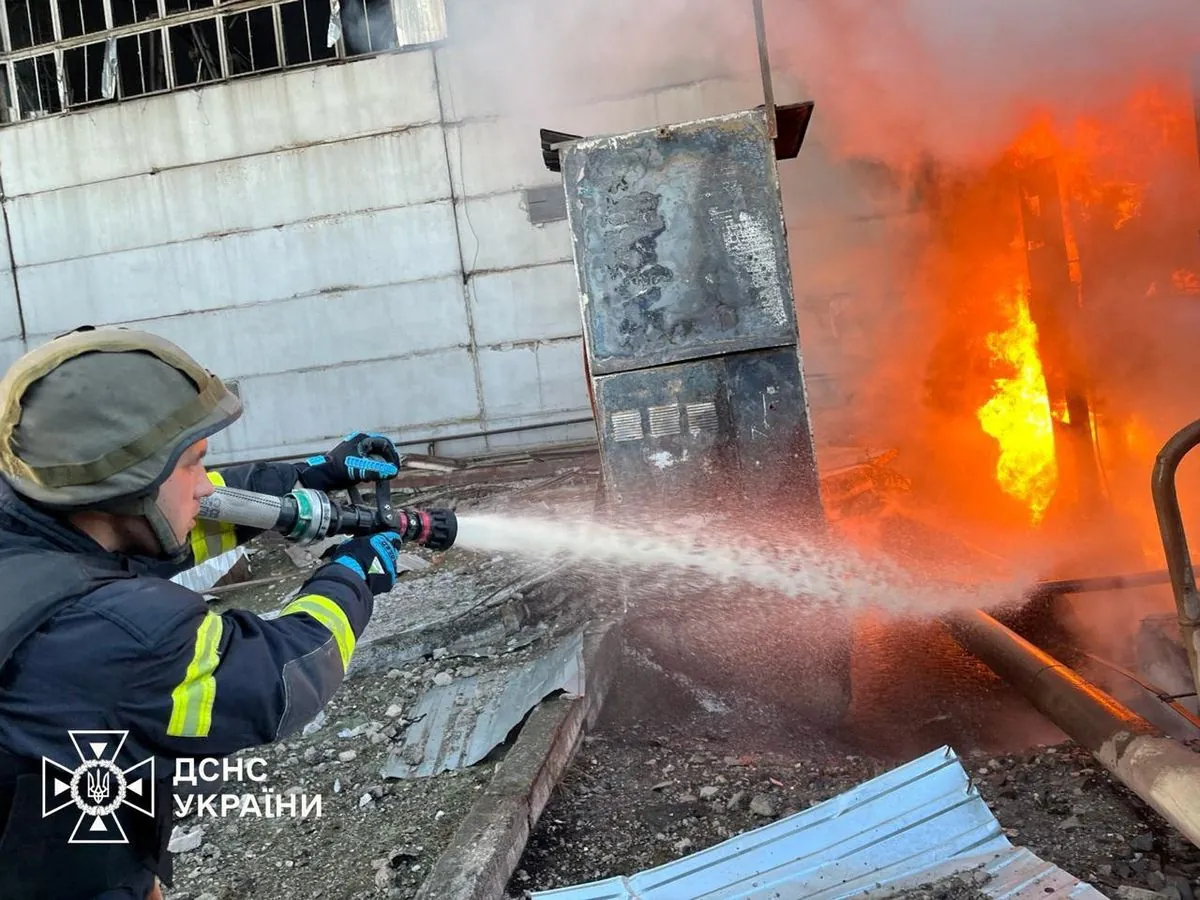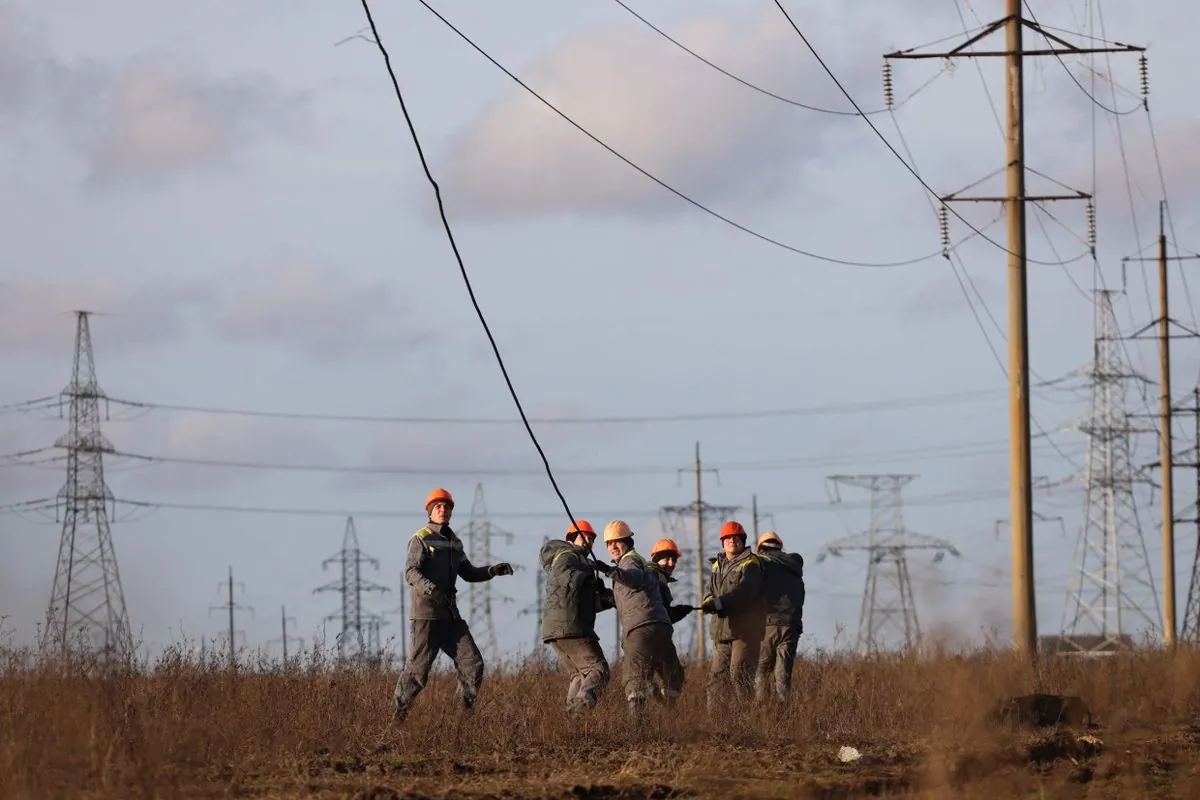Ukraine Braces for Harsh Winter Amid Power Grid Challenges
Ukraine faces severe power outages this winter due to Russian attacks on energy infrastructure. The situation tests citizens' resilience and may impact the country's war effort and morale.

As Ukraine approaches its third winter since the full-scale Russian invasion, the nation faces unprecedented challenges to its energy infrastructure. With temperatures expected to plummet to as low as -8°C (17.6°F) in January, the country's power grid, initially constructed during the Soviet era, is under immense strain due to repeated Russian attacks.
Volodymyr Zelensky, addressing the U.N. General Assembly, accused his Russian counterpart of attempting to demoralize Ukrainians through these strikes:
"This is how Putin is preparing for winter: hoping to torment millions of Ukrainians, ordinary families, women, children, ordinary towns, ordinary villages. Putin wants to leave them in the dark and cold this winter, forcing Ukraine to suffer and surrender."
The severity of power outages remains uncertain, with estimates ranging from 4 to 20 hours daily. These disruptions could have far-reaching consequences, affecting water supply, heating, and further damaging Ukraine's struggling economy.
Ukraine's energy landscape is complex, with 15 nuclear reactors generating about half of its electricity. The country joined the Energy Community in 2011, aiming to integrate its energy market with the EU. Despite having significant potential for renewable energy, particularly wind and solar power, Ukraine's energy intensity remains one of the highest in Europe, indicating inefficient use.

The ongoing conflict has accelerated efforts to diversify energy sources, a process that began in 2014 to reduce dependence on Russian imports. Ukraine's power transmission system, spanning over 22,000 km of high-voltage lines, faces constant threats from Russian attacks.
Public opinion surveys reveal growing war fatigue among Ukrainians. Anton Grushetsky, executive director of the Kyiv International Institute of Sociology, notes an increase in readiness for territorial concessions, rising from 10% in May 2023 to 32% a year later. This shift in attitude could impact the war effort, which heavily relies on civilian support.
Western allies play a crucial role in Ukraine's resilience. The European Union has pledged nearly $300 million to bolster the energy sector, with European Commission President Ursula von der Leyen announcing a "winter plan" contributing more than a quarter of Ukraine's winter energy requirements.
DTEK, Ukraine's largest private energy company, reports progress in repairing damaged coal-fired power plants, with 70% expected to be operational before winter. The country is also working on decentralizing its energy production, with Prime Minister Denys Shmyhal stating that over 80% of schools and all hospitals now have their own generators.
However, concerns persist about potential attacks on nuclear facilities. Ukraine's Foreign Minister Andrii Sybiha warned of Russian plans to target critical nuclear energy infrastructure, raising the risk of a global nuclear incident.
The UN Human Rights Monitoring Mission in Ukraine has expressed alarm, stating there are "reasonable grounds to believe" that Russia's campaign against Ukraine's energy system violates international humanitarian law.
As Ukraine continues to synchronize its power system with the European Network of Transmission System Operators for Electricity (ENTSO-E) and works on energy efficiency programs, the coming winter will test the nation's resilience and the international community's commitment to its support.


































